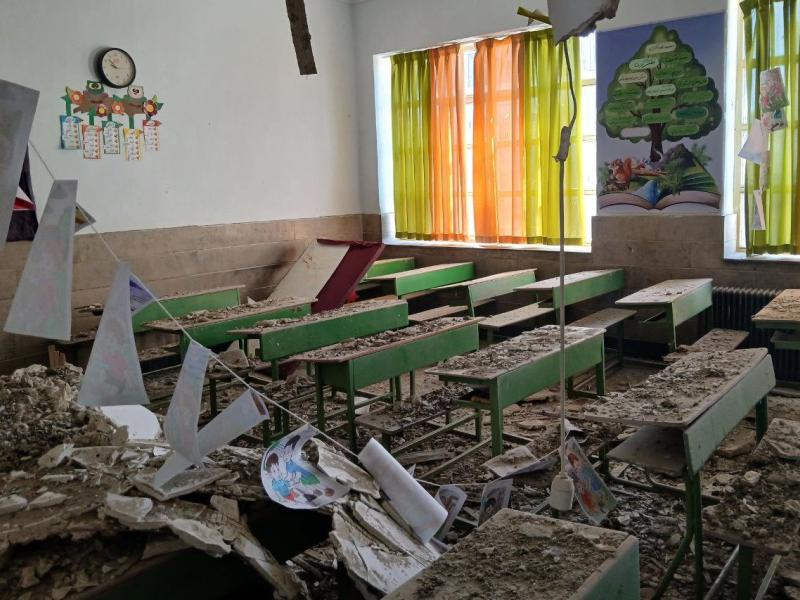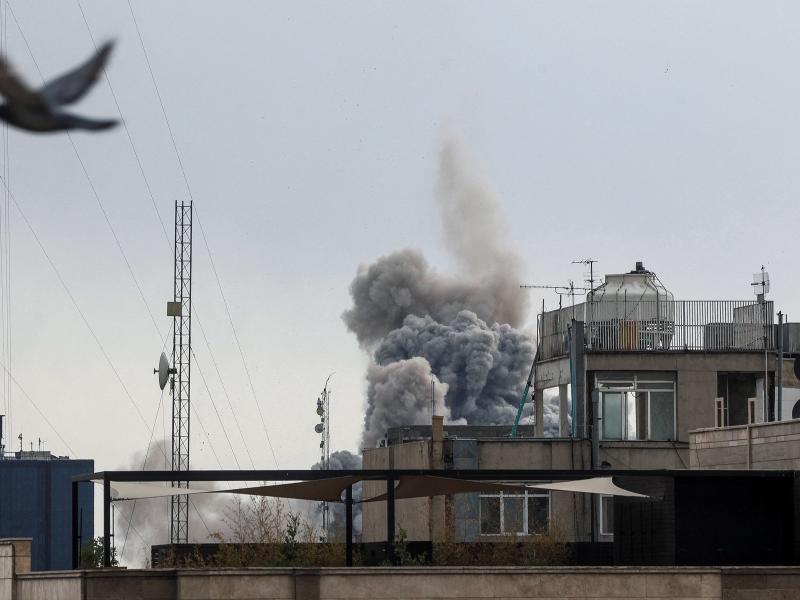The International Association of Machinists and Aerospace Workers (IAM) has reached three tentative agreements with United Airlines, covering 32,500 workers.
The announcement on 13 February affects employees working in the ramp/fleet service, public contact/reservations and stock clerk/stores classifications at the world’s largest airline. Negotiations for 1,500 IAM-represented employees in the fleet maintenance instructor, fleet technical instructor, food service employee and security officer classifications are continuing.
IAM district 141 president Rich Delaney said: “These landmark agreements provide retroactive wage increases, signing bonuses, traditional pension increases, improved job security and additional affordable healthcare options. The IAM negotiating committee is unanimously recommending ratification of each one.”
Negotiations for IAM members at United began in 2009 but stalled pending the outcome of representation disputes following the carrier’s 2010 merger with Continental and Continental Micronesia airlines. Representatives from those companies’ work groups were added to the IAM’s negotiating committees, following the IAM’s successful campaigns to represent the combined groups of employees.
“IAM negotiators blended multiple contracts and policies from three different airlines covering several classifications,” said IAM general vice president Sito Pantoja. “No other union has ever had to deal with such a tremendous undertaking in a single round of negotiations. The IAM negotiating committee did an excellent job in unprecedented circumstances.”
Gabriel Mocho, ITF head of civil aviation, added: “This is a very impressive achievement and we congratulate the IAM on this successful outcome to their hard-fought negotiations. We hope the remaining negotiations go equally well.”
Machinists Union announces tentative agreements with United Airlines
ニュース
現場の声
ニュース
国際産別組織、イランと中東における即時停戦を要求
下に署名した国際産別組織(GUFs)は、最近の、米国とイスラエルによるイランへの軍事攻撃、特に民間人の死傷や学校・医療施設を含む重要公共インフラの破壊をもたらした空爆を非難する。 こうした行為は国連憲章と国際人道法に対する重大な違反であり、人的犠牲の圧倒的多数が労働者階級に押し付けられる紛争を、さらに激化させるものだ。 労働者、民間人、公共機関は決して軍事作戦の標的とするべきではない。学生、教師
ニュース
ITF-JNG共同声明:ホルムズ海峡周辺の「ハイリスクエリア」指定
プレスリリース(2026年3月2日配信) 国際運輸労連(ITF)* 1と(使用者側の)合同交渉団(JNG) * 2は、国際労使交渉フォーラム(IBF)* 3の労使パートナーとして、米国、イスラエル、イランの軍事的緊張が急激に高まり地域全体が急速に不安定化していることを受け、本日、ホルムズ海峡とその周辺海域を「ハイリスクエリア」に指定した。 このことは、安全保障環境の急激な悪化
ニュース
軍事行動の激化で中東地域の平和が脅かされる中、ITFは停戦と交通運輸労働者の保護を訴える
(2026 年 3 月 2 日配信) ITF は国際労働組合総連合 (ITUC) とともに、即時停戦、全ての当事者による完全な緊張緩和、国際法に基づく外交交渉の開始を求める。 また、イスラエルと米国による違法な爆撃、そして、その後イランが地域全域で開始した報復攻撃を強く非難する。これらの武力行使は国際法の最も基本的なルールに違反するものである。エスカレートする軍事行動は



